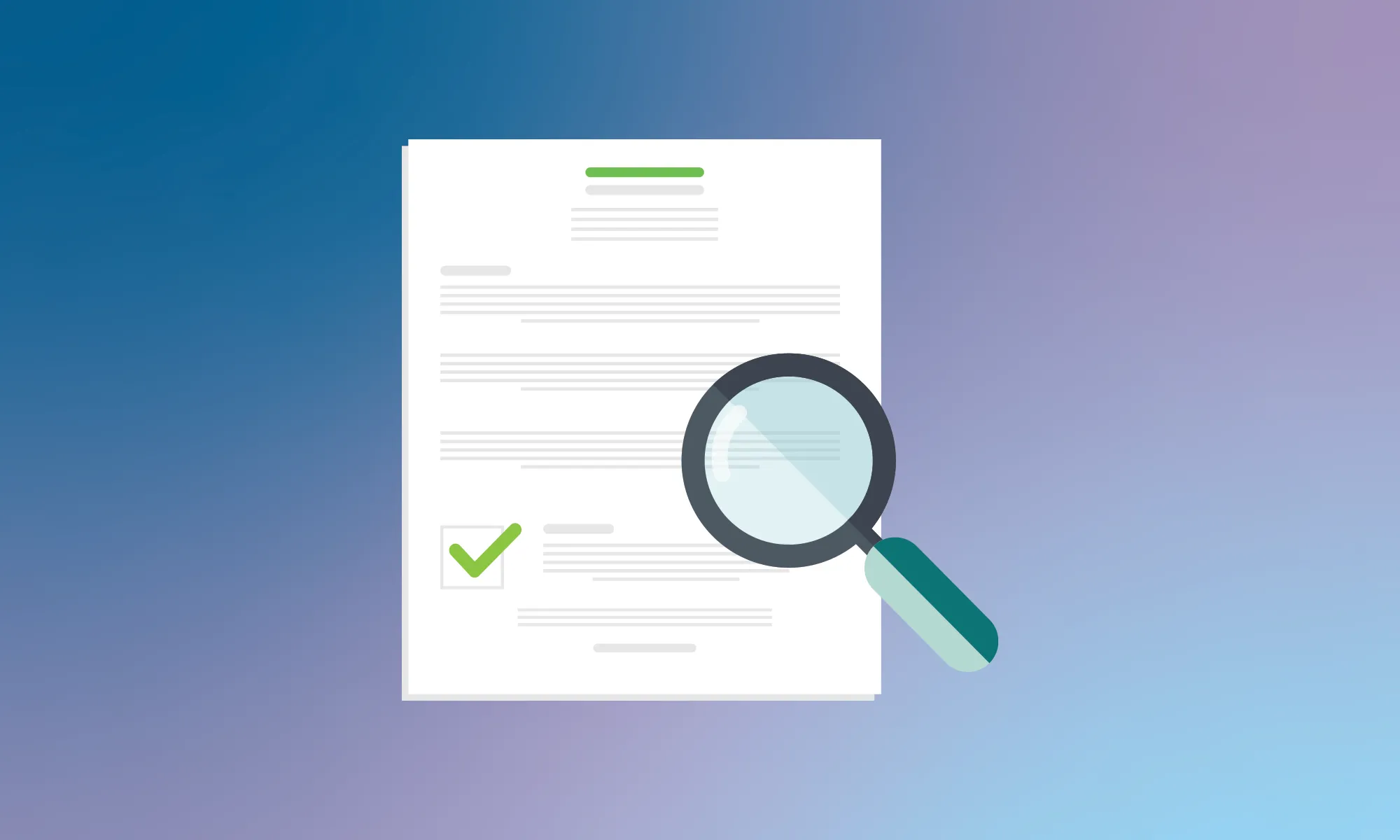Hungary
E-invoicing Guide
Summary
E-Invoicing
E-invoicing is voluntary
Digital Reporting
Yes
Hungary Electronic Invoicing and Digital Reporting Requirements
Background
E-invoicing is voluntary in Hungary.
Mandatory real-time reporting was introduced in 2018, and the scope was gradually extended in 2020 and 2021. Since January 1, 2021, almost all outgoing transactions should be reported to the Hungarian Tax Authority, including cross-border and B2C sales.
What Types of Businesses Does This Apply to?
Real-time invoice reporting (RTIR) applies to all VAT-registered and resident taxpayers in Hungary.
Governmental Body Responsible for E-invoicing in Hungary
NAV has an online platform - Online Számla - dedicated to real-time reporting. Taxpayers can create/access their accounts, and find the relevant legislation, technical documentation, guidelines and FAQs in one place, in English, German and Hungarian.
Penalties for Not Adhering to Hungary's E-invoice Mandates
The Hungarian Tax Authority can penalize taxpayers up to HUF 500,000 per unreported or incorrectly reported invoice.
What does the e-invoicing process in Hungary look like?
- Register to the Online Számla platform.
- Create a technical user and technical keys.
- Establish a connection between your ERP and the Online Számla system.
- Issue an invoice from your ERP system and report it in XML format with the required invoice data in real-time. Reporting may be done directly or through a service provider.
Is SAF-T Needed in Hungary?
SAF-T is not required in Hungary. However, it is expected to be introduced in the near future.
E-Invoicing & Global Tax Automation with Fonoa
One way to comply with Digital Reporting Requirements in Hungary is to use a provider like Fonoa.
With Fonoa you can:
- Have one integration for your global needs, including Hungary
- Save time and money by automatically cleaning your data to minimize errors and manual work
- Utilize our validation mechanisms to ensure reporting accuracy, data completeness, full control, and compliance
- Rest assured that transactions are successfully reported or queued for internal investigation with our retry mechanisms
- Get full visibility with our dashboards by filtering criteria, analyzing granular transaction data, and quickly importing /exporting information
Disclaimer on Tax Advice
Fonoa does not provide professional tax opinions or tax management advice specific to the facts and circumstances of your business and that your use of the Specification, Site, and In addition, due to rapidly changing tax rates and regulations that require interpretation by your qualified tax professionals, you bear full responsibility to determine the applicability of the output generated by the Specification and Services and to confirm its accuracy. No professional tax opinion and advice. Fonoa does not provide professional tax opinions or tax management advice specific to the facts and circumstances of your business and that your use of the Specification, Site, and In addition, due to rapidly changing tax rates and regulations that require interpretation by your qualified tax professionals, you bear full responsibility to determine the applicability of the output generated by the Specification and Services and to confirm its accuracy.










